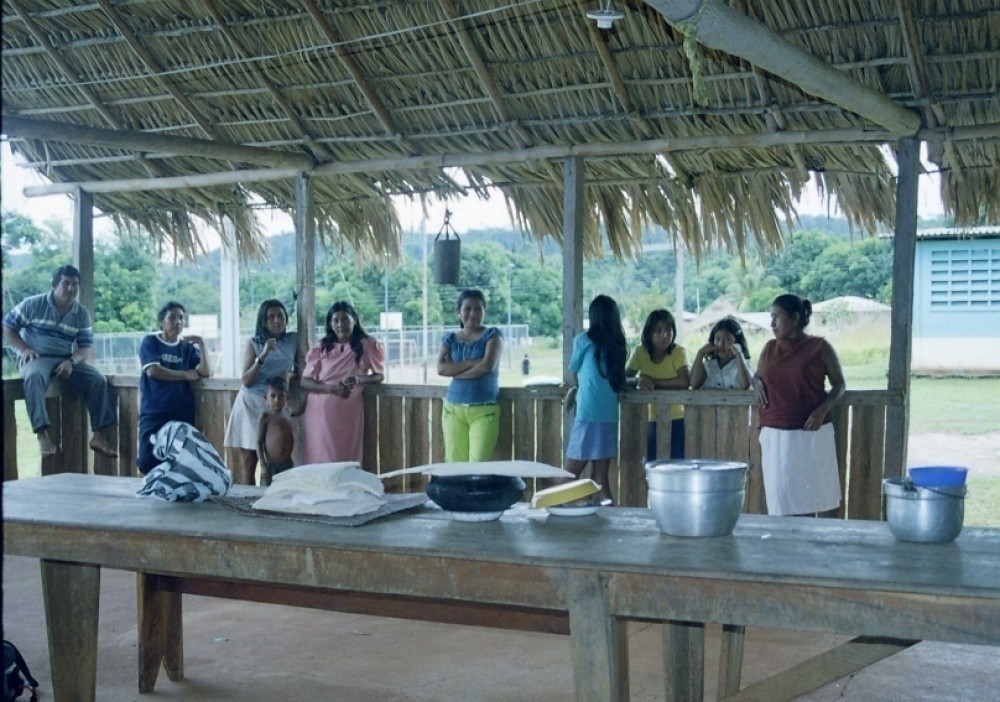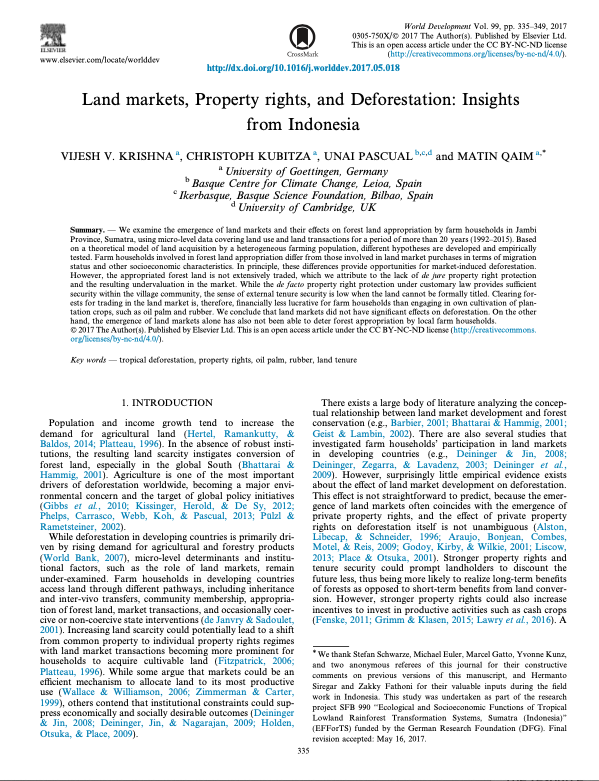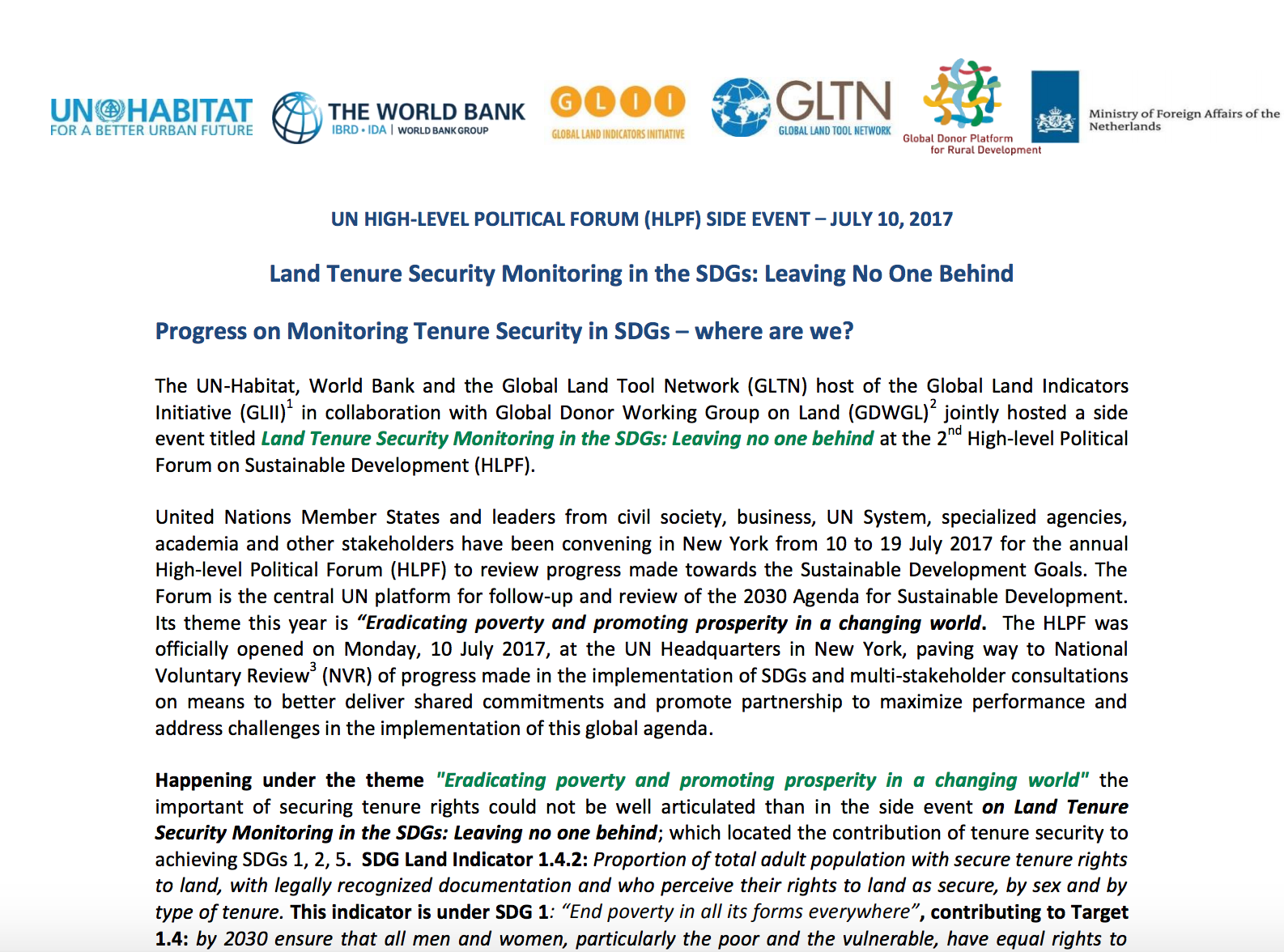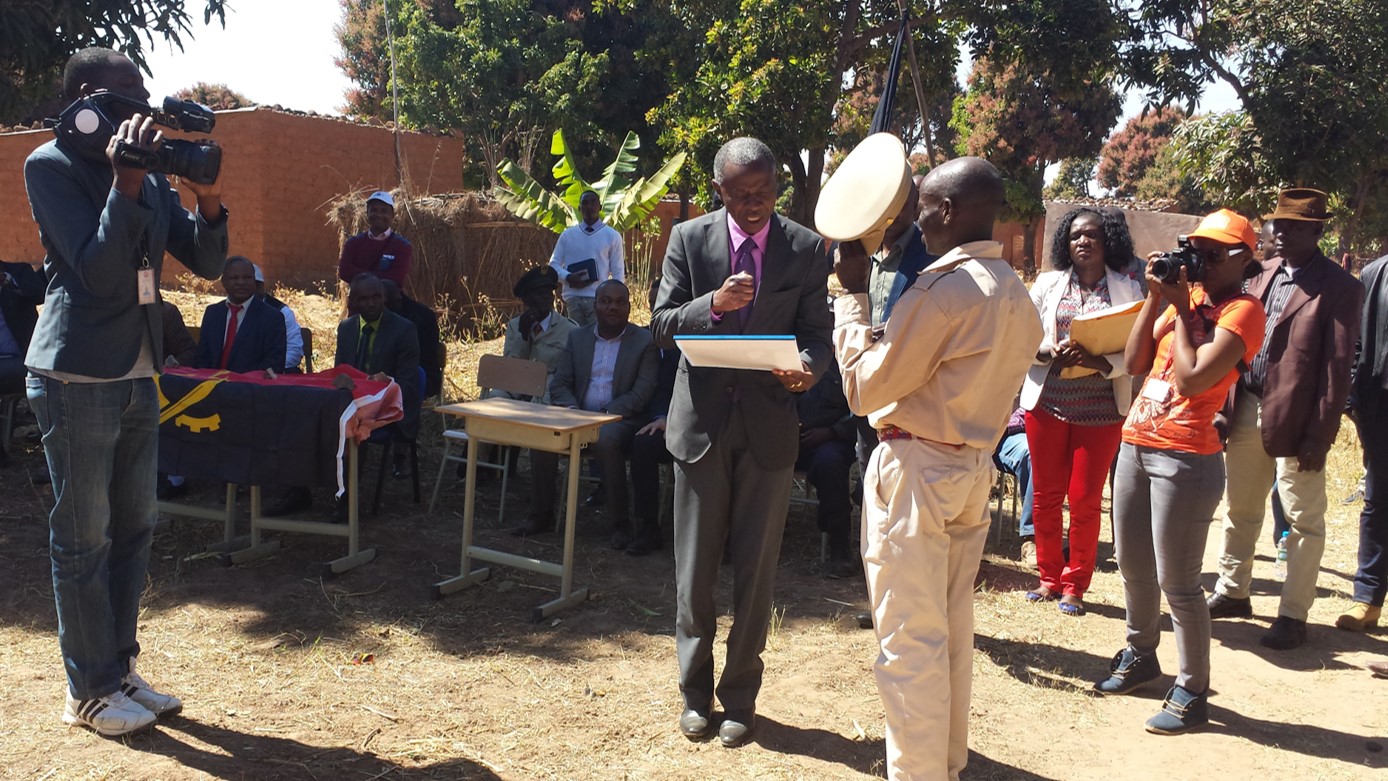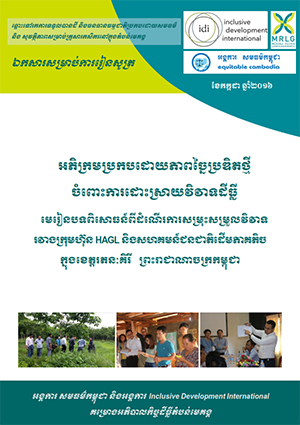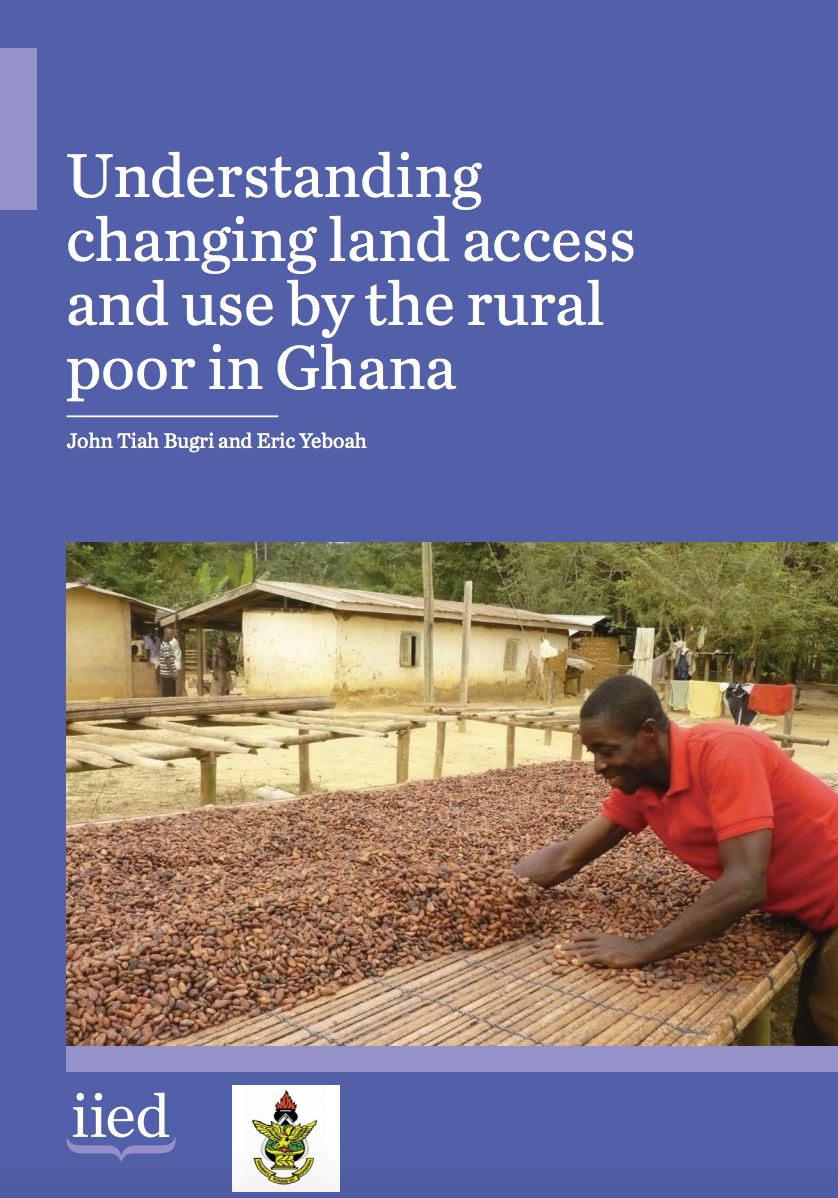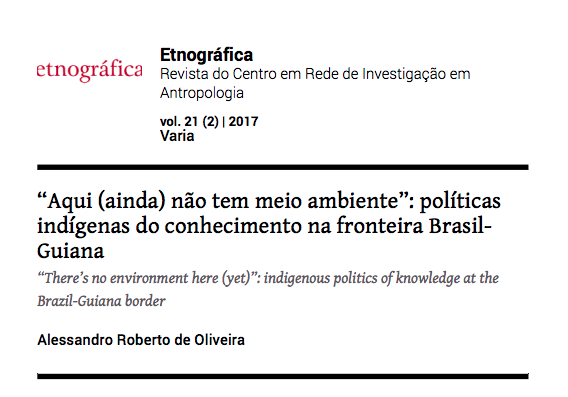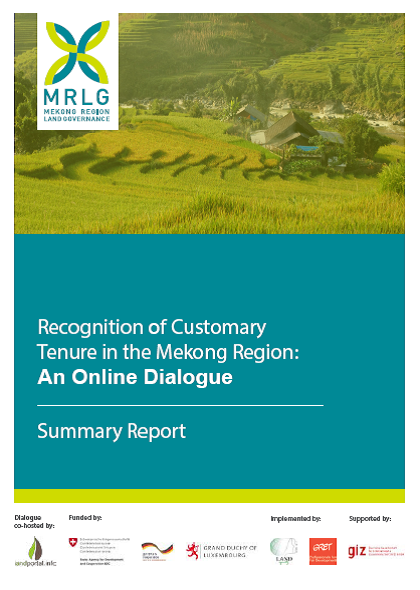Autodemarcación del Nono-Unono del Pueblo Pemon de Kamarata-Kanaimö
A partir de esta autodemarcación, el pueblo y las comunidades indígenas Pemon se han aglutinado en torno al territorio y ha permitido el desarrollo de una perspectiva cultural para enfrentar las amenazas que se ciernen sobre el mismo. Aunque su reconocimiento y conversión sigue siendo un asunto pendiente a garantizar por parte del Estado.

